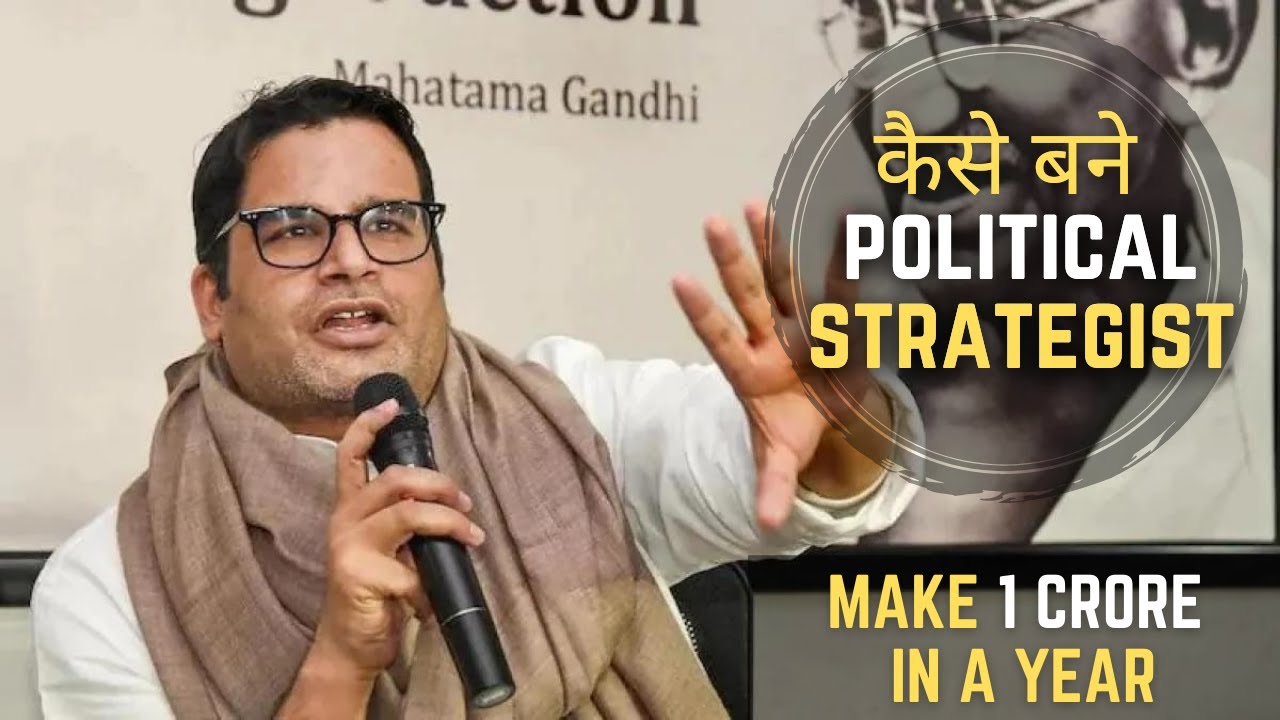Pengantar Ilmu Politik 1 (Ilmu Politik, Perkembangan dan Pendekatannya), "Pertemuan Pertama" II AMF
Summary
TLDRIn this engaging lecture on Introduction to Political Science, the instructor explores the significance of understanding politics, even for those not majoring in the field. Emphasizing diverse perspectives and the evolution of political thought, the session highlights key concepts such as power, conflict, and the relationship between government and society. Historical insights from ancient philosophers like Plato and Aristotle are discussed, alongside modern analytical approaches in political analysis. The course aims to equip students with a deeper understanding of political dynamics and their roles within society, encouraging active participation in shaping the future.
Takeaways
- 😀 The course begins with an introduction to Political Science, emphasizing its importance and relevance to students.
- 😀 Students come from diverse backgrounds, leading to varied perceptions of Political Science as either challenging or accessible.
- 😀 Political Science is not limited to politics but encompasses the study of state and political life, relevant even to those outside the discipline.
- 😀 The lecture highlights the various perspectives in Political Science, including democracy, elections, and governance.
- 😀 Definitions of Political Science include the study of government interactions and the decision-making processes within a society.
- 😀 Key historical figures in Political Science, such as Plato and Aristotle, are mentioned to illustrate foundational theories and concepts.
- 😀 The evolution of Political Science traces back to ancient Greece, with significant contributions from philosophers and historical contexts.
- 😀 The script discusses the essential concepts of power and conflict as foundational elements in understanding Political Science.
- 😀 Political Science includes several approaches, such as institutional, behavioral, and neo-Marxist theories, each offering a unique lens for analysis.
- 😀 The course aims to provide students with a robust understanding of the political landscape and encourage active engagement in political processes.
Q & A
What is the main focus of the course Pengantar Ilmu Politik?
-The course focuses on introducing the fundamental concepts of political science, including its definitions, historical perspectives, key concepts, and various approaches to the study of politics.
Why is it important for students from different academic backgrounds to study political science?
-It is important because political science provides insights into the relationship between the government and society, which can enhance students' understanding of political dynamics, regardless of their previous academic experiences.
How does the lecturer define political science?
-Political science is defined as a branch of social science that examines the state and political life through rational discussion, focusing on government, state objectives, and institutions.
Who are some key historical figures mentioned in relation to political philosophy?
-Key historical figures include Plato and Aristotle, who contributed significantly to political thought, discussing themes such as leadership, state origins, and individual roles within society.
What are the basic concepts discussed in the lecture regarding political science?
-The basic concepts include institutionalism, power dynamics, functionalism, and conflict theory, which serve as foundational elements for understanding political science.
What historical developments in political science were highlighted in the lecture?
-The lecture highlighted the evolution of political thought from ancient Greece through significant historical periods, including the contributions of various philosophers and the development of political systems in different regions.
What is the significance of conflict theory in political science?
-Conflict theory is significant because it examines the negative and positive aspects of conflicts within societies and their impact on political dynamics and decision-making processes.
Can you explain the rational choice theory mentioned in the lecture?
-Rational choice theory analyzes how individuals make decisions based on their preferences and the available choices, emphasizing the reasoning behind political behavior.
What does the lecturer encourage students to do regarding their relationship with the state?
-The lecturer encourages students to actively engage in discussions about their relationship with the state and to contribute positively to the political landscape.
What approaches to studying political science were discussed?
-The lecture discussed several approaches, including the institutional approach, behavioral approach, neo-Marxism, dependency theory, and rational choice theory, each offering different perspectives on political analysis.
Outlines

This section is available to paid users only. Please upgrade to access this part.
Upgrade NowMindmap

This section is available to paid users only. Please upgrade to access this part.
Upgrade NowKeywords

This section is available to paid users only. Please upgrade to access this part.
Upgrade NowHighlights

This section is available to paid users only. Please upgrade to access this part.
Upgrade NowTranscripts

This section is available to paid users only. Please upgrade to access this part.
Upgrade Now5.0 / 5 (0 votes)





